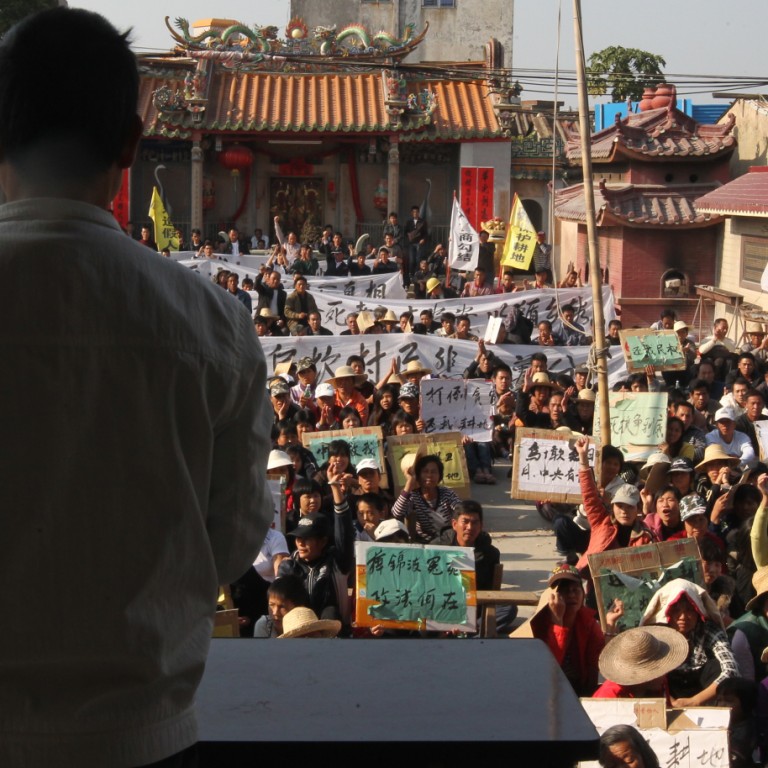
Hong Kong 'needs coordinated plan to deal with severe weather'
Hong Kong's climate forum heard the city needs a co-ordinated plan to deal with severe weather
This past week's severe weather problems in Hong Kong - which led to widespread flooding, huge hailstones showering down on the city and flights delayed or cancelled - showed the city needs a detailed strategy so the different responses of the government, businesses and organisations are carefully co-ordinated.
The past week also saw the publication of a landmark report by the United Nations' Intergovernmental Panel on Climate Change outlining the devastating effects of recent extreme events and severe weather disasters.
Questions about the effect of global warming on Hong Kong were discussed in the city at last month's Climate Change Business Forum.

"If a major storm were to strike, would Hong Kong be resilient?" asked Ashvin Dayal, managing director of the Rockefeller Foundation's Asia programme.
"If we leave it to the government it's a bad decision. They can't do this alone."
He told the forum governments were good at linear planning, but had problems thinking laterally and quickly. Businesses and civil society organisations must take the lead if governments had yet to act, he said.
The foundation works with global cities to help them cope with severe weather problems.
Hong Kong's infrastructure was not a problem, but its dependency on places outside its borders, particularly the Pearl River Delta, was an issue, Dayal said; the city imports much of its water and food from southern China.
A government plan exists to potentially increase the amount of its electricity imported from southern China, from the existing 20 per cent to 50 per cent, as it looks for alternative energy options to replace the city's ageing coal-fired generators.

"Who knows what the balance of supply and demand of electricity will be in China then? Our city is so vertical. If we don't get electricity, how will anything work? I'd be more comfortable keeping most of the electricity Hong Kong needs generated within its borders."
Hendrik Rosenthal, policy research director at the Business Environment Council, which ran the forum, said that last year's event had developed a climate-risk tool to help businesses better adapt to climate change.
Other issues discussed this year were the possible damage to property, the supply of water to key industries during a drought, and crop damage during floods.
The Pearl River Delta was ranked as the third-most vulnerable area to climate change out of 616 global cities by Swiss insurance provider Swiss Re. Severe weather, such as torrential rain, and floods could damage infrastructure in southern China.
This could badly affect Hong Kong if it imported even more electricity from the mainland, rather than generate it here.
This week's bad weather - with the widespread problems of flooding and travel chaos - highlighted the problem.
At least 16 people were killed as Sunday's floods hit southern China. In Hong Kong widespread flooding led to up to 54 flights being cancelled and 433 others delayed.
The final cost of the storm - the heaviest hourly rainfall recorded since Hong Kong Observatory's records began in 1884 - is still unknown. Meanwhile, tomorrow's forecast is for more thunderstorms and heavy rain.

